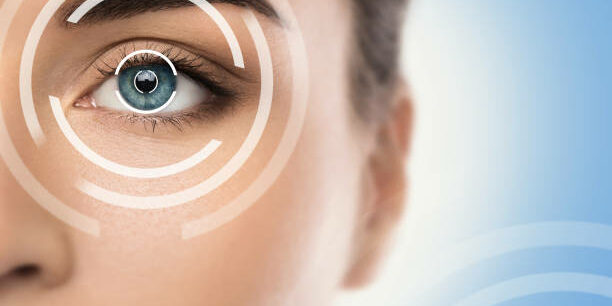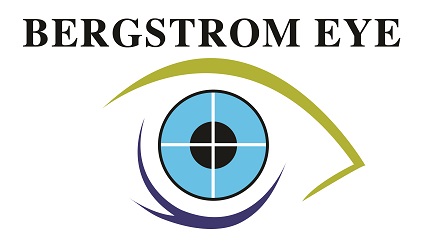
Macular Degeneration Treatment
Macular degeneration is damage or breakdown of the macula, which is the part of the retina responsible for central vision. When the macula doesn’t function correctly, we experience blurriness or darkness in the center of our vision. Macular degeneration affects both distance and close vision.
Dr. Bergstrom can perform laser surgery, prescribe optical devices or refer you to a low-vision specialist to help fight this disease.
Macular Degeneration Symptoms May Include:
- Shadows
- Blurriness
- Holes in the center of vision
- Straight lines appear wavy
- Trouble seeing details both up close and at a distance
- Difficulty telling colors apart, especially ones close in hue
- Vision can be slow to come back after bright light exposure
BOOK AN APPOINTMENT
The Disease Exists in Two Forms, Dry and Wet.
Dry macular degeneration is by far the most common form of macular degeneration(roughly 90% of all cases). However, it is the milder of the two forms, develops gradually, and usually leads to only minor vision loss. Dry macular degeneration tends to occur when yellow fatty particles called drusen accumulate in the retina underneath the macula. This build-up results in thinning and drying-out of the macular cells.
Wet macular degeneration is less common, but the vast majority of severe vision loss cases result from this form. First, abnormal blood vessels form underneath the surface of the retina. Leakage of blood and other fluids from these blood vessels permanently damage the exterior cells (which detect incoming light). As these cells are damaged, vision is lost. The primary cause of macular degeneration remains unknown. Macular degeneration typically occurs more frequently in the aging population with patients over 60. Research has shown there are many other factors such as family history, smoking, hypertension, obesity, and/or high cholesterol, high-fat diet that may contribute towards the development of macular degeneration.
Treatment for Dry Macular Degeneration:
Unfortunately, there is no treatment for the dry form of macular degeneration. Those at high risk should schedule a checkup with their ophthalmologist at least once every one to two years, to catch the disease in its infancy. Also, it is thought that dietary supplementation of antioxidants and zinc may help to slow its development. Early detection is very important because once vision is lost there is no treatment to regain it.
Treatments We Offer for Wet Macular Degeneration:
Anti-angiogenesis drugs such as Avatin, Eylea, Lucentis: This treatment has literally revolutionized our treatment of wet macular degeneration in recent years. These inhibit proteins which contribute to abnormal blood vessel growth. They are known as anti-VEGF (anti-vascular endothelial growth factor) drugs. There are a variety of drugs that can be applicable for this purpose, some FDA approved, and some off-label (officially approved for a different application). For many patients, these are miracle treatments that allow recovery of vision if done early in the disease process. Dr. Bergstrom has been injecting medication to help prevent vision loss for over 25 years.
Other pharmaceutical treatments: For example, angiostatic treatments, which combat blood vessel growth with steroid injections.

Why Choose Dr Bergstrom
- Experience performing eye surgeries since 1992.
- A proven track record of over 20,000 eye surgeries and procedures.
- Our friendly staff has over 200 years of eye care experience.
- We take most medical insurances including flex spending accounts.
- Fellow at the American College of Surgeons
- Diplomat of the American Board of Ophthalmology

BOOK AN APPOINTMENT
At Bergstrom Eye and Laser Clinic, our goal is to provide the highest quality of care in a compassionate and ethical manner. We believe that vision is one of our most precious gifts.
